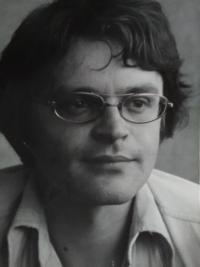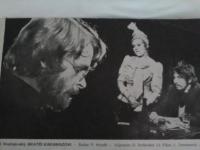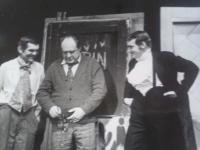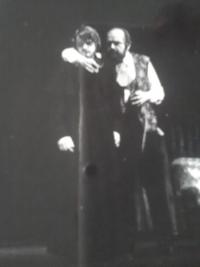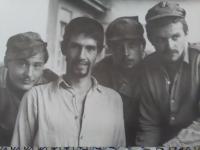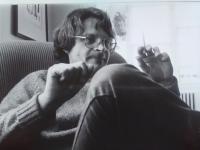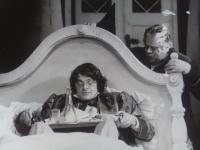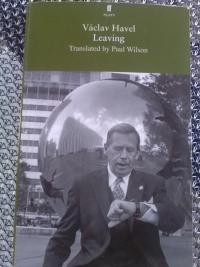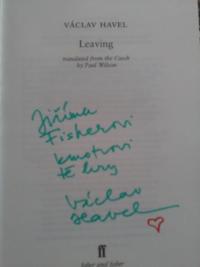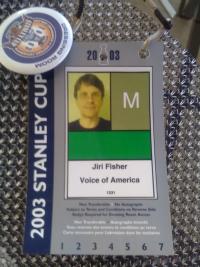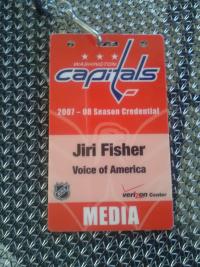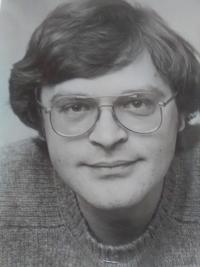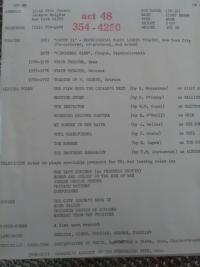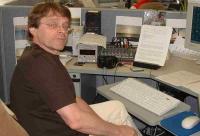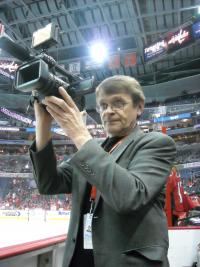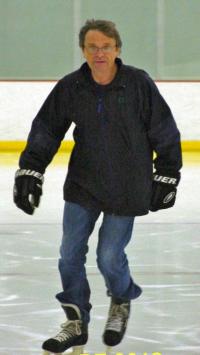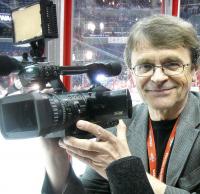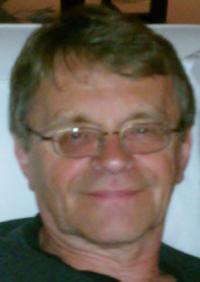Many roles of Jiří Fisher
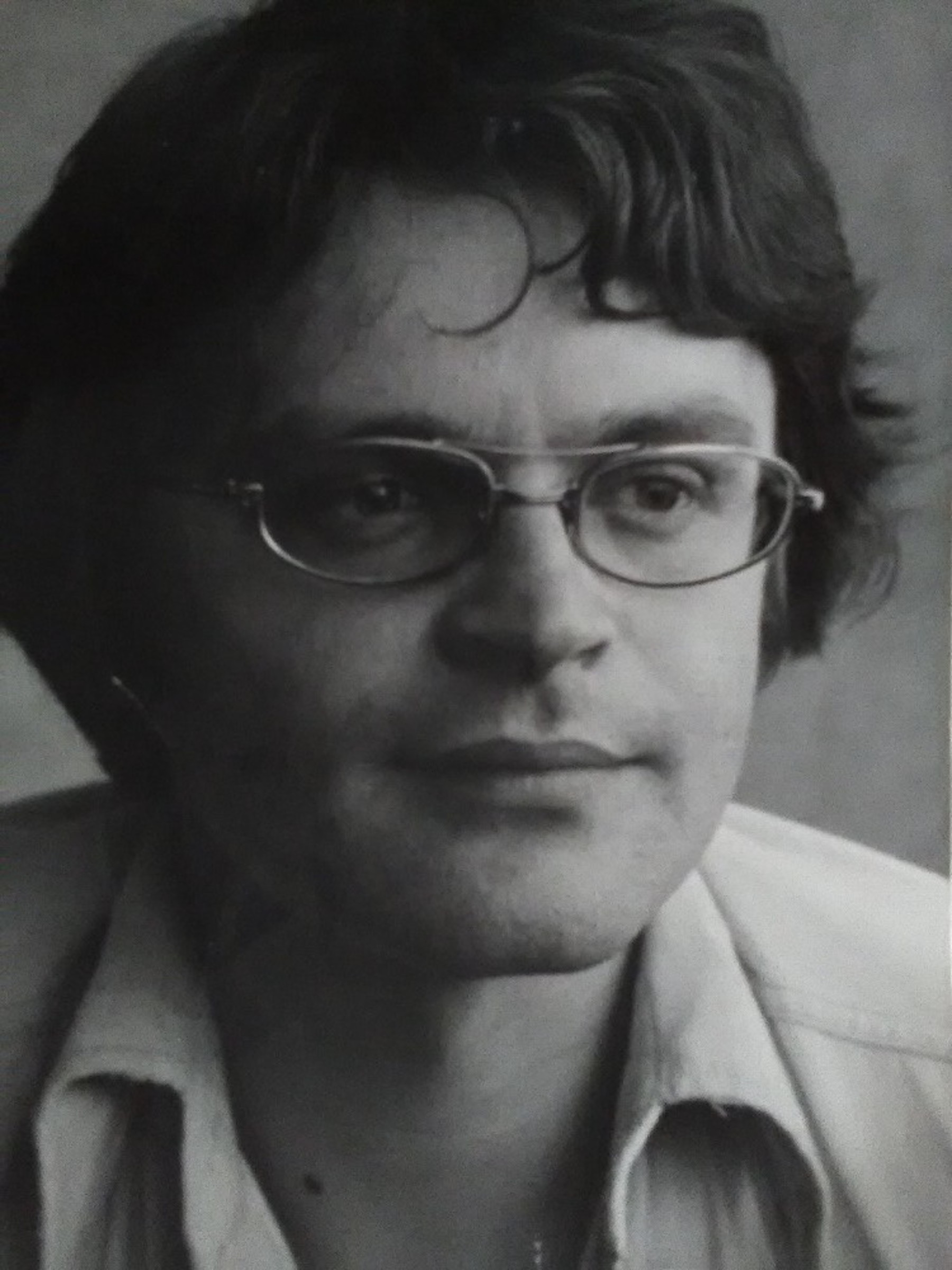
Download image
Jiří Fisher was born on November 6, 1947 in Brno. His two sisters died while they were little children and the tragedy has affected the whole family. Jiří studied at conservatory, focusing on acting. He continued with his studies at JAMU (Janáček Academy of Music and Performing Arts in Brno - transl.‘s note). After graduation he was offered a position as an actor in the Petr Bezruč Theatre in Ostrava and after a forced dismissal from the ensemble he accepted a position in the State Theatre in Ostrava. While working in the “wild city” he was lucky to have excellent colleagues and an interesting job. After marrying his wife Zdenka they moved together to Brno and Jiří joined the drama department of Mahen Theatre. After a ban on the play One Flew Over the Cuckoo’s Nest he and his wife decided to emigrate in 1979 together with their young son. They eventually got to the USA after going through Yugoslavia, Austria and Hungary. Jiří did several jobs in New York and he even managed to get a few roles as an actor. He and his wife accepted an offer to work for the radio broadcast of Voice of America for Czechoslovakia. He appeared there under the alias Jiří Ryba. He also became famous as a reporter who focused on the NHL. The broadcast of Voice of America for eastern Europe was terminated after 1989 and for several more years he worked for a radio station which broadcast to South and East Asia. After thirty years of cooperation with Voice of America Jiří moved to Florida.
